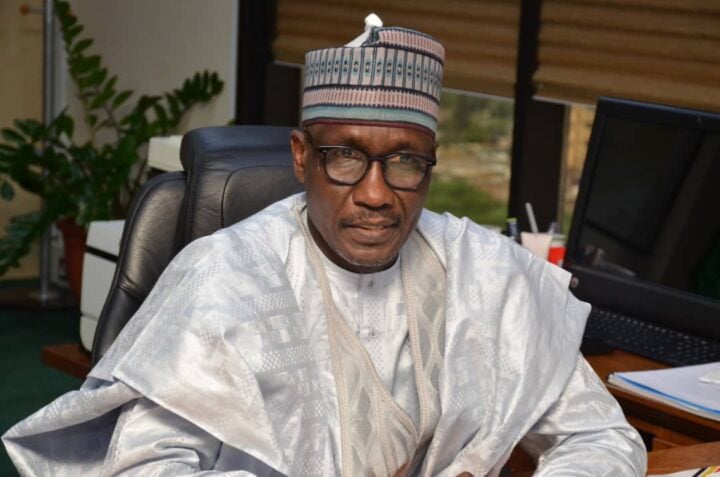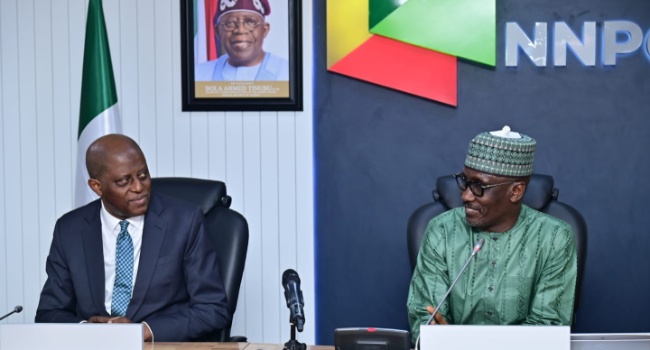Olayemi Cardoso, governor of the Central Bank of Nigeria (CBN), says foreign exchange (FX) earnings from oil exports declined from $93.89 billion in 2011 to $31.4 billion in 2020.
The CBN governor, who spoke on Tuesday during a sectoral debate on the economy by the house of representatives, said the country’s oil exports have declined in the past 12 years, resulting in the naira fall.
Cardoso revealed the decline in oil exports’ FX earnings while speaking on the contribution of the oil and non-oil sectors to the country’s dollar inflow.
“On the supply side of the exchange rate, to bolster the inflow of dollars into a country, the economy must “earn” these dollars through exports, whether oil or non-oil, or by attracting foreign investments,” he said.
Advertisement
“A robust economic foundation is essential to produce goods and services that the global market is willing to pay for in US dollars.
“When such supply surpasses demand, the exchange rate appreciates, causing the price of the dollar to fall. Unfortunately, in Nigeria, the contrary has taken place.
“In 1980, our import expenditure stood at $16.65 billion, while our exports amounted to $25.97 billion, resulting in a surplus of $9.32 billion.
Advertisement
“From 2003 to 2013, we experienced a surplus of $331.73 billion in the economy, with oil exports alone contributing over $798 billion. This surplus of dollars would typically stabilise the exchange rate, leading to a “strong” naira.
“Regrettably, over the past 12 years, oil exports, constituting over 90 percent of our foreign exchange earnings, have declined from $93.89 billion in 2011 to $31.4 billion in 2020.”
On efforts made to boost liquidity in the FX markets, Cardoso said CBN has adopted some strategies to address the situation.
“To address exchange rate volatility, a comprehensive strategy has been initiated to enhance liquidity in the foreign exchange markets,” Cardoso said.
Advertisement
“These include unifying foreign exchange market segments, clearing outstanding FX obligations, introducing new operational mechanisms for BDCs, enforcing the net open position limit, and adjusting the remunerable standing deposit facility cap.”
Cardoso also said these “painful adjustments” all point to a direction that will unlock much-needed growth and development of the economy in the medium to long term.
Add a comment






